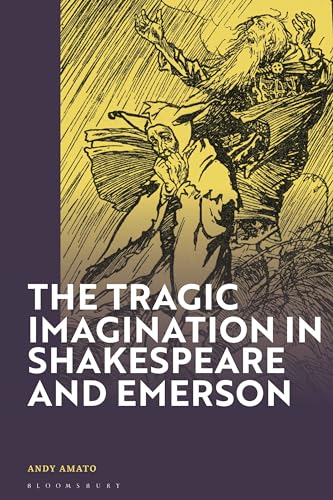

Most ebook files are in PDF format, so you can easily read them using various software such as Foxit Reader or directly on the Google Chrome browser.
Some ebook files are released by publishers in other formats such as .awz, .mobi, .epub, .fb2, etc. You may need to install specific software to read these formats on mobile/PC, such as Calibre.
Please read the tutorial at this link: https://ebookbell.com/faq
We offer FREE conversion to the popular formats you request; however, this may take some time. Therefore, right after payment, please email us, and we will try to provide the service as quickly as possible.
For some exceptional file formats or broken links (if any), please refrain from opening any disputes. Instead, email us first, and we will try to assist within a maximum of 6 hours.
EbookBell Team

4.3
68 reviewsThis book begins with a close and careful reading of Emerson's first major work, Nature, in conversation with nineteenth and 20thcentury continental philosophy, critical theory and post-structuralism. Uncovering neglected elements of Emerson's philosophy, beyond his reputation as the philosopher of 'cheer', this book explores how Emersonian transcendentalism affirms rather than denies the tragic sense of life – “tragic idealism” – and makes a substantial contribution to philosophy's perpetual endeavour to solve the Riddle.
In the second part of the book, Amato then employs Emerson's theoretical lens to interpret Shakespeare's tragedy, King Lear. In doing so, he innovatively reframes the central themes of suffering, vision, nature, nothing, foolishness and silence toward achieving liberation.
By pairing these two giants of literature and philosophy, The Tragic Imagination in Shakespeare and Emerson not only offers fresh interpretations of Nature and King Lear, but also makes the case for the renewed deployment of tragic imagination, in creative redress, to our current social-political situation.